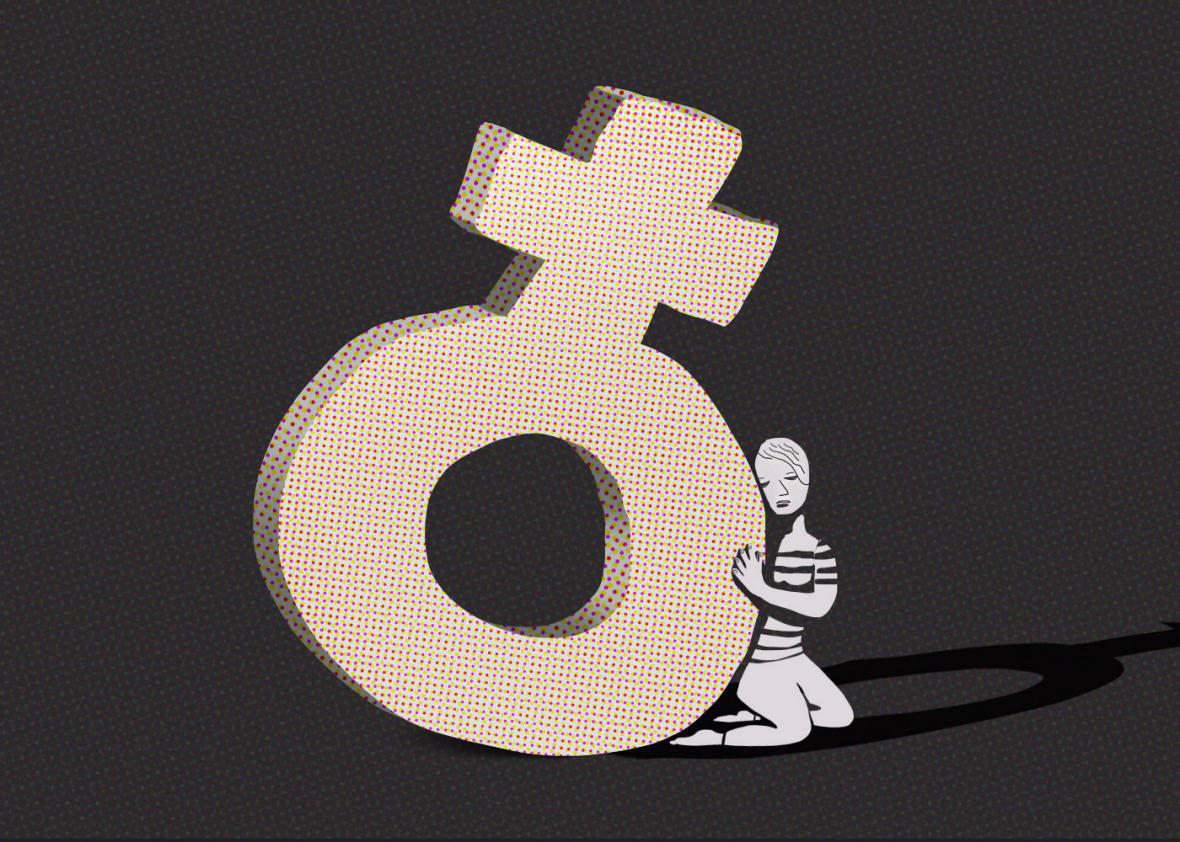The Trans Women Who Say That Trans Women Aren’t Women

🌈 Abstract
The article discusses a group of transgender individuals who reject the mainstream transgender rights movement's belief that "trans women are women." These individuals, known as "gender-critical" trans people, argue that biological sex cannot be changed through self-identification and that transitioning does not make a trans woman a "real" woman. The article explores the perspectives and experiences of these "apostates" within the transgender community.
🙋 Q&A
[01] Meet the apostates of the trans rights movement
1. What are the key viewpoints of the "gender-critical" trans people discussed in the article?
- They reject the idea that gender is solely a matter of identity, rather than biology and socialization
- They believe that transitioning does not make a trans woman a "real" woman, as they have not experienced the same socialization and biology as cisgender women
- They object to the mainstream transgender movement's efforts to erase sex distinctions through language and ideology
2. How do the "gender-critical" trans people describe their experiences and motivations?
- Many initially found the "trans women are women" message to be a "lifeline" that helped them come to terms with their gender dysphoria and transition
- However, after engaging with radical feminists online, they came to believe that the mainstream transgender movement's ideology does not align with their own experiences and understanding of gender
- They see their transition as a complex, imperfect solution to an "insoluble war" within their own minds, rather than a means of becoming a "real" woman
3. How do the "gender-critical" trans people describe the reaction from the broader transgender community?
- They face significant discrimination and hostility from the transgender rights movement and its allies, who see their views as a betrayal
- Some have faced online harassment and fear of being publicly associated with their beliefs
- They feel that the transgender community is intolerant of any dissent or questioning of the central tenet that "trans women are women"
[02] The expanding definition of "transgender"
1. How has the definition of "transgender" evolved over time?
- Historically, transitioning required medical interventions like hormones and surgery, with strict gatekeeping by doctors
- The new generation of trans activists rejects this model, arguing that being trans is solely a matter of self-identification, regardless of physical changes
2. How do the "gender-critical" trans people view this expanded definition?
- They believe the reaction has gone too far, turning the words "man" and "woman" into floating signifiers that no longer have any meaningful connection to biological sex
- They argue that you "can't identify your way out of your body" and that "genderism is a myth that suggests that's possible"
3. How do the mainstream transgender advocates respond to the "gender-critical" perspective?
- They argue that the transgender community is diverse, with many different voices and perspectives, and that there is no single consensus on the meaning of being male or female
- They reject the idea of putting any limitations or qualifications on someone's gender identity, as they see that as taking away their right to self-define